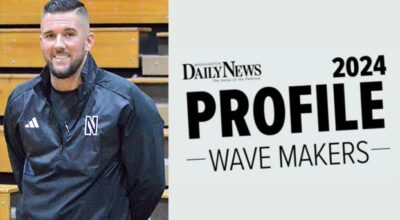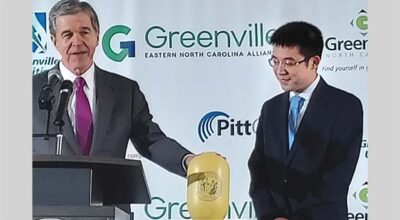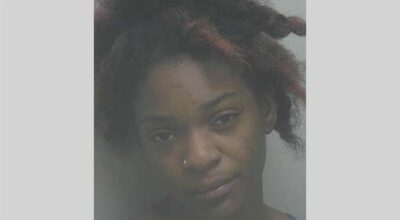State voters concerned about sharing their information
Published 6:02 pm Tuesday, July 11, 2017
As of Monday afternoon, one person had called the Beaufort County Board of Elections to inquire about voter information being given to a federal commission that’s investigating voter fraud.
But across North Carolina, hundreds of people have telephoned or emailed the Bipartisan State Board of Elections and Ethics Enforcement, with some voters requesting their voter registrations be cancelled, according to board spokesman Patrick Gannon. The board, according to Gannon is assuring voters it is providing information that is available to the public. For those voters who cancel their registrations, public information about them will be among the data turned over to the commission investigating voter fraud. That commission was formed as a result of President Donald Trump’s insistence that voter fraud was rampant in the 2016 elections.
The lone caller to the Beaufort County Board of Elections, a man, was more concerned about someone know how he’s voted than he was about someone knowing his name, party registration and when he’s voted, according to Kellie Harris Hopkins, elections director for Beaufort County. “Once we clarified that ballot secrecy would not be violated, he was OK with it,” she said.
Some states have refused to provide voter information to the Presidential Advisory Commission on Election Integrity. Other states, such as North Carolina, are providing limited information. So far, 44 states and the District of Columbia have resisted the commission’s request for voter-related information.
“The State Board would strongly discourage anyone from removing themselves from the rolls. The data to be made available to the Commission is publicly available to anyone at ncsbe.gov and has been for many years. This agency is required to provide it under state law,” board Executive Director Kim Westbrook Strach said in a statement released last week.
Last week, the state board received at least 380 emails and hundreds of telephone calls, according to Gannon. Those making the calls and writing the emails express worries those in charge of the investigation cannot be trusted with the voter data. The state is providing only information already available to the public — voters’ names and addresses, party affiliation and voting histories. It is not submitting Social Security numbers, dates of birth and driver’s license numbers — information used to confirm identities.The state board cannot estimate how many voters might have cancelled their registrations because that process is conducted by the board of elections in each of the state’s 100 counties.






